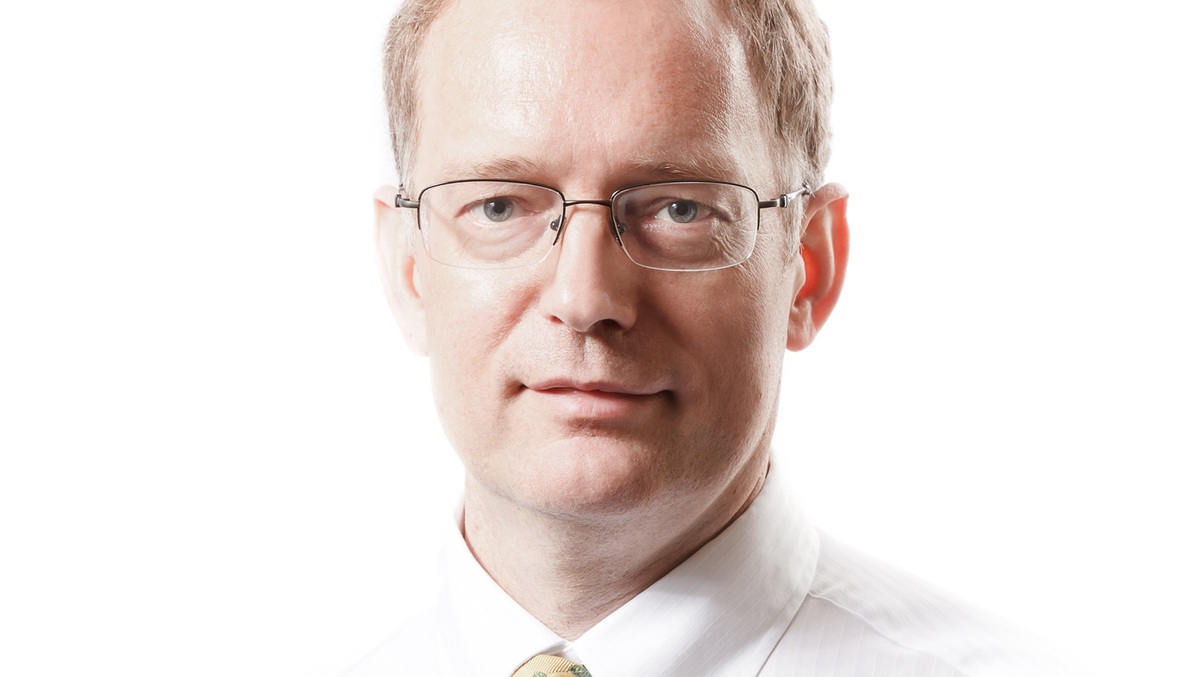Asset owners agree to disagree on global investing
Investors and advisers at AsianInvestor’s 2nd annual China Global Investment Forum debate the approach institutions should take to accessing international markets.

Asset owners and advisers agreed to disagree on best practices in international investing at AsianInvestor’s 2nd annual China Global Investment Forum in Beijing this week.
Sign in to read on!
Registered users get 2 free articles in 30 days.
Subscribers have full unlimited access to AsianInvestor
Not signed up? New users get 2 free articles per month, plus a 7-day unlimited free trial.
¬ Haymarket Media Limited. All rights reserved.


